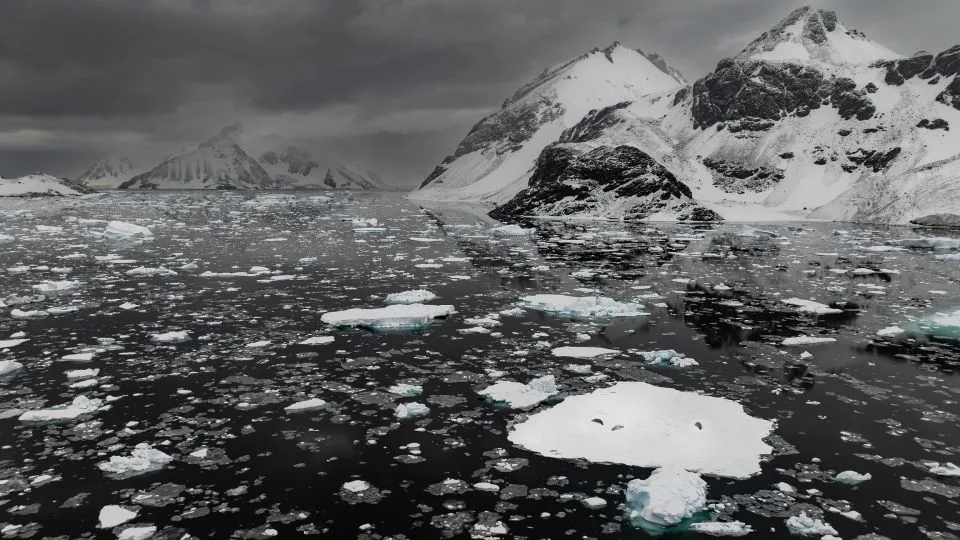Search This Blog
money saving tips for canadians, best saving tips for canadians of all ages. MoneySavings and Canadian news, financial news
Featured
article
- Get link
- X
- Other Apps
Unprecedented Heat Wave Hits Antarctica: Temperatures Soar 50°F Above Normal

In an alarming turn of events, Antarctica is experiencing an extraordinary heat wave, with temperatures soaring up to 50°F above normal. This unprecedented phenomenon is unfolding during what should be the coldest period in Earth’s coldest region, raising significant concerns among scientists about the future health of the Antarctic continent and its global implications.
Since mid-July, parts of East Antarctica have seen temperatures that typically range between -58°F and -76°F rise to between -13°F and -22°F. While these temperatures are still below freezing, the deviation from the norm is staggering. This summer-like heat in the dead of winter is a stark reminder of the accelerating impacts of climate change.
The implications of such a heat wave are profound. Antarctica holds the majority of the planet’s ice, and significant melting could lead to catastrophic sea level rises. Even smaller ice features, like the so-called Doomsday Glacier, could raise sea levels by up to 10 feet if they were to melt. This would have devastating effects on coastal communities worldwide.
Scientists are particularly concerned about the potential for more frequent heat waves in Antarctica’s future winters. Such events could leave the continent less fortified for its summer season, making it more vulnerable to further melting during subsequent heat waves. Additionally, increased Antarctic melting could disrupt global oceanic circulations, which play a crucial role in maintaining the planet’s climate balance.
David Mikolajczyk, a research meteorologist with the Antarctic Meteorological Research and Data Center at the University of Wisconsin-Madison, emphasized the need for further study to understand the full impact of this heat wave. “I’m sure more impacts will emerge with time as we understand this heat wave better, but at the moment, it’s just a case of astonishment really, what we’re seeing,” he said.
This extraordinary event serves as a stark reminder of the urgent need to address climate change and its far-reaching effects on our planet.
Popular Posts
Trump's Six Words: "I'm Going to Stop the Wars"
- Get link
- X
- Other Apps
Fiscal Challenges Ahead: U.S. Bonds Face Uncertainty Under Trump’s New Term
- Get link
- X
- Other Apps


Comments
Post a Comment